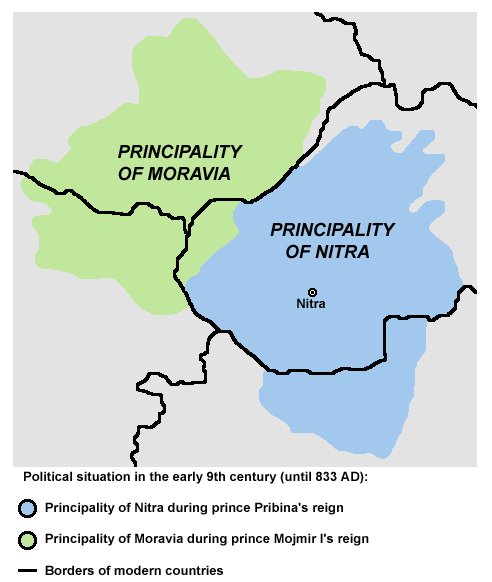This is not about ethnicity though so much as it is about the persistence of culture. The English may have been ruled by Normans (and later Angevins), but they didn't become Normans. In fact, those Normans who came to England merged into the English instead. We're not writing in French after all, or Norse.
The merging took 400 years, and what emerged out of it was a culture that shared both Anglo-Norman and Anglo-Saxon characteristics (with the result that a third of the Modern English vocabulary are French loanwords). A similar process occurred for Sumerian and Akkadian.
Sure they were, at least roughly. Each subsequent dynasty may have conquered different neighboring regions, but the core appears to be basically the same. Mainly though it simply appears to me that these different polities did share a similar culture. There were different dynasties and ethnicities involved over time, but they all ultimately flourished in Mali.
Then why do you separate the Sumerians, Akkadians, Babylonians and the Assyrians? Or for that matter, the Myceneans, the Greeks, the Macedonians and the Hellenistic Kingdoms? Or the Etruscans, Romans and Italians? The case is the same; different ethnicities and dynasties and religions, but same geographical region.
This is what people mean when they say the list is have is arbitrary. Sometimes the basis for defining a "civilisation" is geography (how big should the area be? what geographical, historical, cultural boundaries should be taken into account?). Sometimes it's language (how distinctive does a language have to be to be considered a basis for a separate civilisation?). Sometimes it's certain prominent empires or nation-states (how prominent? How do you measure this?).
I get that you're trying to make a comprehensive list, but "comprehensive" is not "as many as I can get away with". Your list is based on inconsistent definition, and in effect includes everything from very broad groups of completely unrelated or very loosely related peoples (eg the Bantus, the Tatars, the Huns) to groups of autonomous states sharing to varying extent some aspect of culture (eg the Sumerians, the Latin Americans) to individual empires or states or even a particularly era of an Empire (eg the Byzantines), all with wildly varying degrees of closeness and interaction.
I suggested an alternative way of looking at this a few posts back; that's a flawed approach, but at least I had a consistent definition/methodology as my foundation. People here are trying - not in the most tactful way possible, I'll admit - to get you to recognise this fundamental flaws in your approach, something which so far you have failed to grasp.







